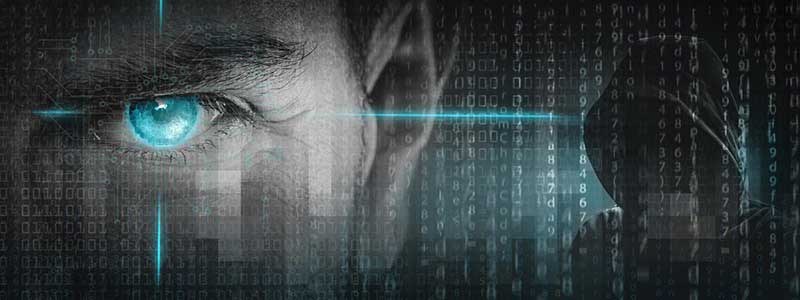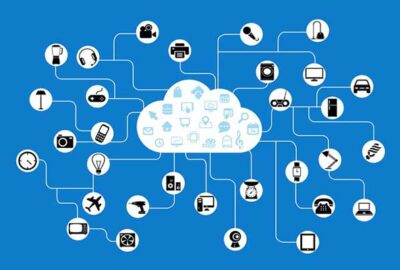The dark web is a hidden part of the internet that can only be accessed with specialized software, like Tor. It is known for its anonymity and untraceability, making it a hub for illegal activities such as, weapons trading, illegal content and human trafficking.
The dark web also provides a platform for whistleblowers, journalists, and activists to communicate without fear of censorship or surveillance. However, accessing the dark web comes with significant risks, as users may encounter scams, malware, and other forms of cybercrime.
It is important to understand the potential dangers of the dark web and to take necessary precautions when using it. This includes using a secure and anonymous connection, avoiding suspicious links, and not sharing personal information. While the dark web can be a powerful tool for certain purposes, it is crucial to use it responsibly and with caution.



